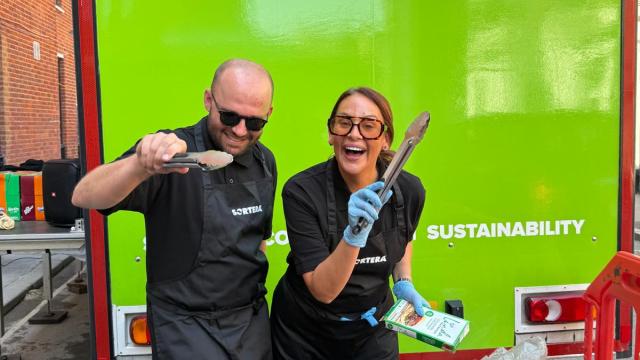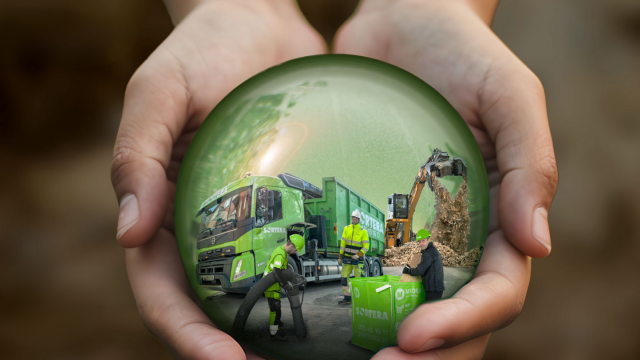
Stories
Proposed Landfill Tax Reform Risks Backfiring
Sortera warns of higher costs and more illegal dumping in construction
Sortera says the UK’s proposed landfill tax reform could punish compliant firms and worsen waste crime.
The UK’s proposed landfill tax reform aims to simplify the system and support environmental goals. From the perspective of the construction waste sector, though, the current proposal risks doing the opposite.
At Sortera, we welcome efforts to tackle waste crime and improve clarity across the industry. But the plan to remove the lower tax rate for low-impact waste, without the right checks and balances, could severely impact responsible operators, drive up costs, and undermine the very goals it sets out to achieve.
Since the April 2025 landfill tax hike, disposal costs have risen significantly. The intention was to encourage recycling, but many in the sector have seen the opposite: more unlicensed carriers, more fly-tipping, and more pressure on local authorities already stretched thin.
Now, with further reform on the table, including scrapping exemptions for remediation and restoration work, there’s concern across the construction supply chain.
Construction and demolition waste is diverse. A flat tax rate may sound neat on paper, but on site it penalises volume, not bad practice. If legal compliance becomes unaffordable, we’ll only see more of the behaviours this reform is supposed to prevent.
Caroline Munro, Sales Director at Sortera said “We understand the need to modernise landfill tax, it should be clearer, fairer, and help drive better environmental outcomes. However, any reform must reflect how waste is actually managed on the ground, especially in construction.
Right now, the proposals risk making legal disposal unaffordable for even the most compliant operators. If that happens, we’ll see more waste going through the wrong channels and more pressure on local authorities.
Reform must support those doing the right thing. We believe it should:
- Be phased, giving the industry time to adapt.
- Protect essential reliefs for remediation, brownfield development, and low-impact disposal.
- Target fraud directly, rather than penalising volume-based waste streams.”
At Sortera, we’ve invested in smarter, more accessible waste solutions, from our new e-commerce platforms to fleet upgrades, all designed to make responsible disposal easier. Even so, no level of innovation can overcome a pricing structure that simply doesn’t reflect real-world waste handling.
We support a simpler, fairer landfill tax, but it needs to be shaped with input from those operating at ground level. Construction has a key role to play in the circular economy, but to make real progress, we need policy that works with us, not against us.



